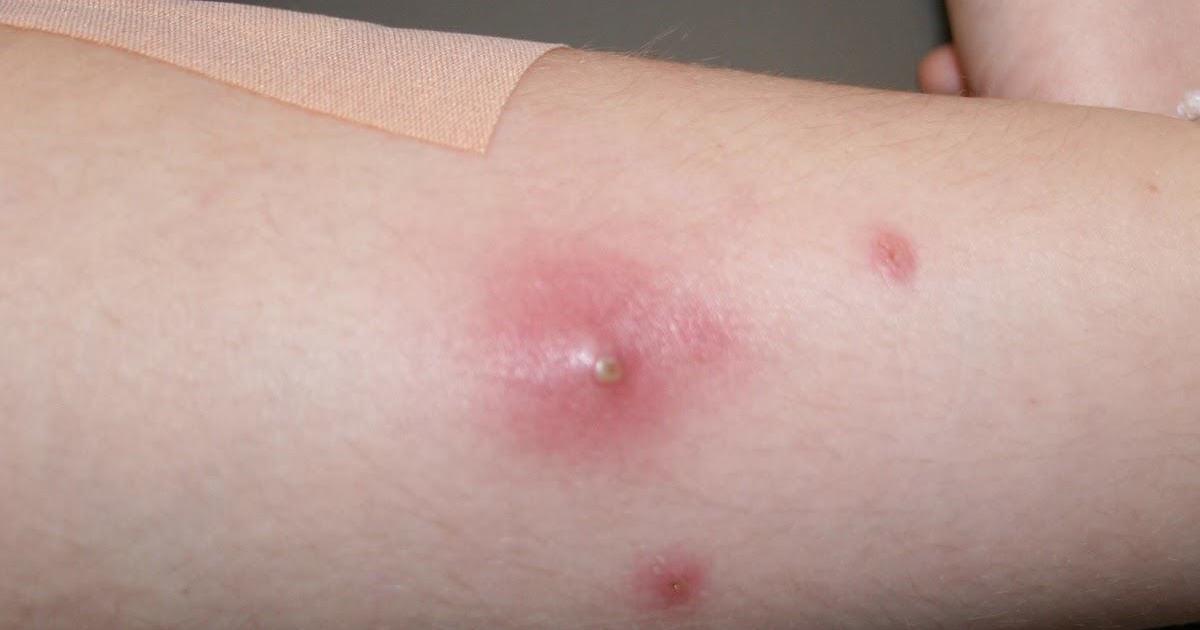Methicillin-resistant Staphylococcus Aureus (MRSA): Prevention and Treatment
Methicillin-resistant Staphylococcus aureus (MRSA) is a type of bacterial infection. These bacteria are resistant to many antibiotics so successful treatment can be tricky, and a proper match has to be made. Individuals affected by this unfortunate condition may not know right away because the infection can start out as something as common as a minor sore, pimple, or boil, and develop from there. This type of superbug can potentially lead to serious conditions or death.
Symptoms Of Infected Blood

Symptoms of methicillin-resistant Staphylococcus aureus can be similar to other conditions when the blood is infected by contaminated bacteria, so proper diagnosis is required. A patient with MRSA may experience chills alternating with a high fever of at least 100.4 degrees Fahrenheit. A general feeling of malaise may be present, as well as dizziness, confusion, muscle aches, swelling, chest pains, coughing, breathlessness, headaches, a rash, or persistent wounds.
Symptoms Of Nasal And Skin Infections

Since the bacteria that causes MRSA can affect various areas of the body, the symptoms will vary. When the nasal mucosa is contaminated, there may be no symptoms. With staph skin infections, it is easy to mistake the resulting bump or irritation for a bug bite. The skin might appear red, inflamed, and sore. It may radiate warmth and be filled with pus. A skin infection could also produce a fever.
